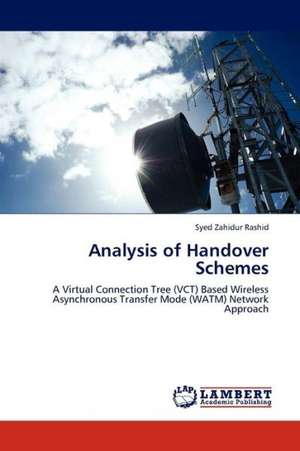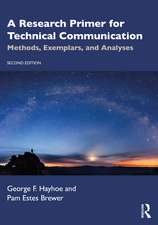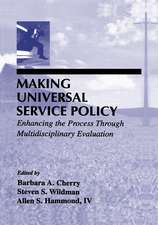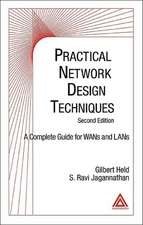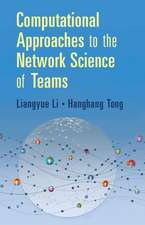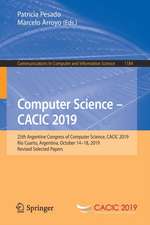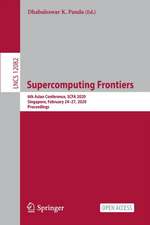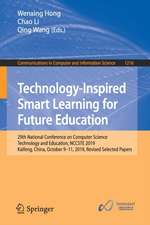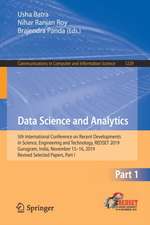Analysis of Handover Schemes
Autor Rashid Syed Zahiduren Limba Engleză Paperback – 12 ian 2013
Preț: 275.42 lei
Preț vechi: 344.27 lei
-20% Nou
Puncte Express: 413
Preț estimativ în valută:
52.72€ • 57.28$ • 44.31£
52.72€ • 57.28$ • 44.31£
Carte tipărită la comandă
Livrare economică 21 aprilie-05 mai
Preluare comenzi: 021 569.72.76
Specificații
ISBN-13: 9783659270208
ISBN-10: 3659270202
Pagini: 56
Dimensiuni: 152 x 229 x 3 mm
Greutate: 0.1 kg
Editura: LAP Lambert Academic Publishing AG & Co. KG
Colecția LAP Lambert Academic Publishing
ISBN-10: 3659270202
Pagini: 56
Dimensiuni: 152 x 229 x 3 mm
Greutate: 0.1 kg
Editura: LAP Lambert Academic Publishing AG & Co. KG
Colecția LAP Lambert Academic Publishing
Notă biografică
He is working as a lecturer in the Department of ETE, International Islamic University Chittagong (IIUC), Bangladesh. He obtained B.Sc.Engg. in Computer and Communication Engineering from IIUC in 2009. His research interests are Digital Signal Processing, Wireless Communications, Artificial Intelligence, Knowledge Discovery and Machine Learning.
